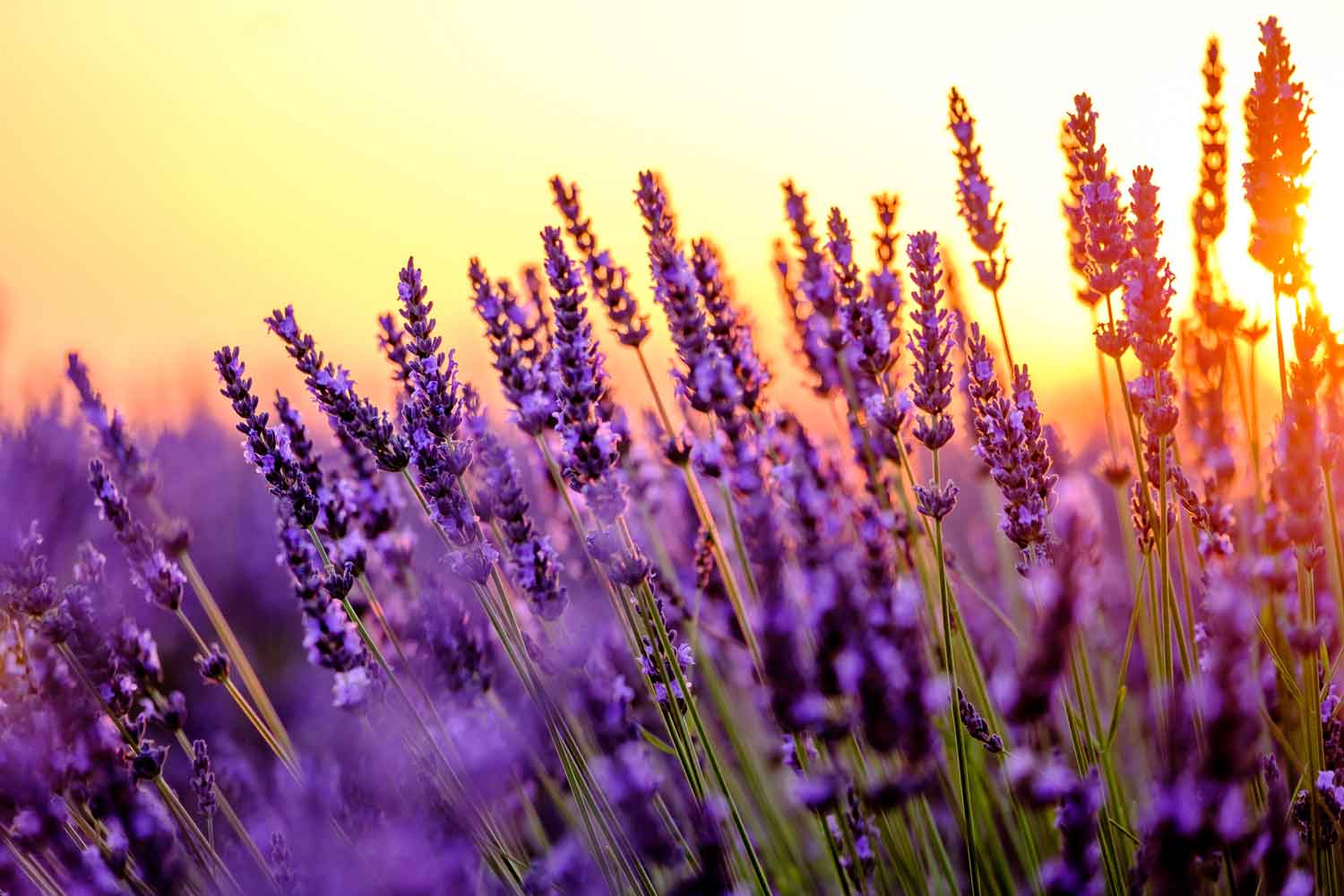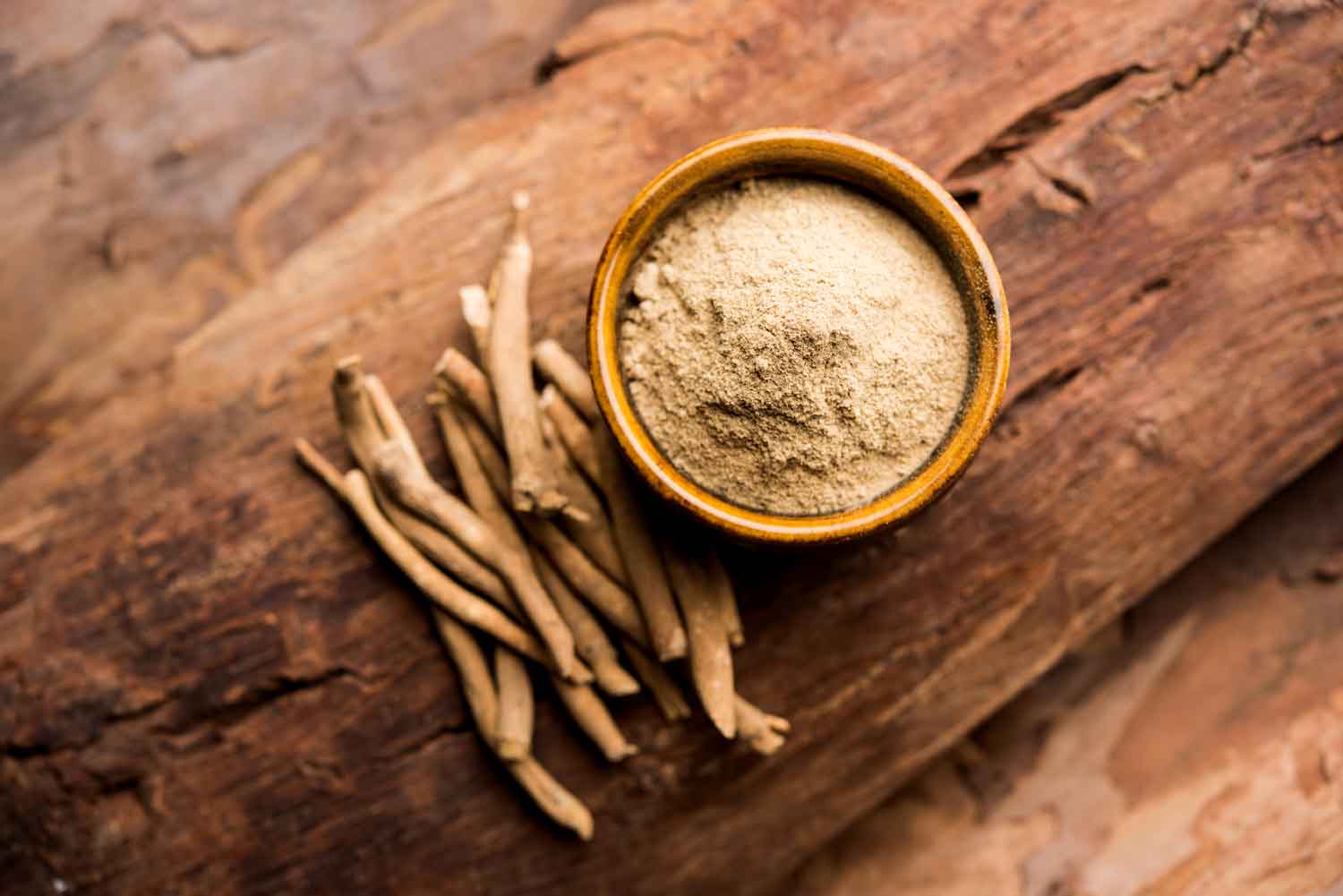
Lavender | Benefits, Uses, & Side Effects
WRITTEN BY THY PHAM AND DR. SWATHI
What is lavender?
Lavender is an herb belonging to the mint family. It’s easily recognizable by its shade of purple and fresh floral scent. It is believed to have been around for thousands of years, and blooms from the Mediterranean, Europe, Africa, Asia, India, and various Islands around the world.
What are the benefits and uses for lavender?
Gone are the days when lavender was only used to freshen up the scent of a room. Aside from it’s well known ability to calm nerves, lavender has shown efficacy to aid with restlessness, depression, and insomnia. New research has even shown promise for use of lavender within skincare. Although the amount of studies performed on the benefits of lavender is sparse, the findings within the published studies are definitely significant.
Can lavender reduce anxiety?
Anxiety is a common disorder that can affect an individual’s daily life with stress and worry. Fortunately, lavender has been hypothesized to inhibit receptors in the body’s neuromuscular junction, proving as to why it has anti-anxiety properties. Study results revealed that inhalation of lavender oil for even a short duration of 3 minutes significantly lowered patients’ perception of anxiety in validation scales and improved mathematical skills. Although lavender did not significantly lower physiological markers, such as systolic blood pressure, patients still felt more at ease and calm. In another study, data shows that ingestion of lavender oil for a duration of 5-10 weeks improved anxiety symptoms, sleep, and prevented recurring episodes of those with mild-severe anxiety. It’s important to note that when compared to anti-anxiolytic medications, such as lorazepam, lavender was comparable, and even superior in some cases in reducing levels of anxiety for patients. Lavender proves to improve patients’ level of anxiety without the harms of adverse events, making it a beneficial ingredient in everyday products such as lotions, balms, and even tinctures.
Can lavender help improve sleep?
In a randomized study with college students who reported sleep issues, inhaled lavender used alongside good sleep hygiene showed to improve overall sleep quality. The quantity of sleep was measured through a Fitbit and a sleep diary, while the quality was measured using the Pittsburgh Sleep Quality Index (PSQI) and the NIH Patient-Reported Outcomes Measurement Information System (PROMIS) sleep disturbance evaluation form. The group without the lavender scent patch still reported better sleep quality with good sleep hygiene practice, but not to the extent of the group who had the intervention of the lavender scent patches on their chest at night. So what’s the verdict? The scent of lavender proves to further improve the quality of sleep, when used with good sleep hygiene.
Can lavender help with depression?
One study investigated the effects of lavender aromatherapy on depressed mood in a population of female patients treated with hemodialysis. Researchers found that the lavender aroma showed modest improvement on the well-known Hamilton Rating Scale for Depression (HAMD) and Hamilton Rating Scale for Anxiety (HAMA). A different study examined the benefits of oral lavender supplementation, and found that adults who used a lavender oil tincture along with antidepressant medications had less severe baseline scores on the HAMD, compared to those taking a monotherapy antidepressant regimen.
What can lavender do for my skin?
Lavender oil is a multi-purpose, staple ingredient for skincare. It is proven to have anti-inflammatory properties, and is able to balance out levels of moisture in the skin. It can help lower production of acne, soothe dry skin, and reduce the appearance of wrinkles. Although the anti-inflammatory mechanisms are not well understood, studies have shown lavender’s ability to lower inflammation after topical application by reducing redness, swelling, edema, and pain. Additionally, lavender oil has shown promise with its pharmacological properties as an antimicrobial agent. Surprisingly, one study showed effectiveness when lavender oil was used to fight bacteria strains from various types of turtles. In terms of common and resistant strains of bacteria, lavender oil has not been intensely studied, and is not recommended in treating those pathogens. However, there has been data proving lavender’s ability to remove bacteria from skin and unclog pores. With its ability to clean pores, reduce redness and irritation, it is a great option for treatment of dry skin!
What are the side effects of lavender?
There are no known contraindications, side effects, or drug interactions with use of the lavender flower. However, some patients have reported nausea and drowsiness after excess consumption of lavender oil. For reference, the effective dose of lavender oil for ingestion is suggested at 20-80 mg per day.
References:
- Blumenthal M, ed. Lavender flower. In: The Complete German Commission E Monographs. Austin, TX, American Botanical Council, 1998:159-160.
-
Cardia GFE, Silva-Filho SE, Silva EL, et al. Effect of Lavender (Lavandula angustifolia) Essential Oil on Acute Inflammatory Response. Evid Based Complement Alternat Med. 2018;2018:1413940.
- Diego MA, Jones NA, Field T, et al. Aromatherapy positively affects mood, EEG patterns of alertness, and math computations. Int J Neurosci. 1998;96:217-224.
- Hossain S, Heo H, De Silva BCJ, Wimalasena SHMP, Pathirana HNKS, Heo GJ. Antibacterial activity of essential oil from lavender (Lavandula angustifolia) against pet turtle-borne pathogenic bacteria. Lab Anim Res. 2017;33(3):195-201.
- Koulivand PH, Khaleghi Ghadiri M, Gorji A. Lavender and the nervous system. Evid Based Complement Alternat Med. 2013;2013:681304.
- Lillehei AS, Halcón LL, Savik K, Reis R. Effect of Inhaled Lavender and Sleep Hygiene on Self-Reported Sleep Issues: A Randomized Controlled Trial. J Altern Complement Med. 2015;21(7):430-438.
- Preskorn SH. Comparison of the tolerability of bupropion, fluoxetine, imipramine, nefazodone, paroxetine, sertraline, and venlafaxine. J Clin Psychiatry. 5;56 (Suppl 6):12-21.
- Salamati A, Mashouf S, Mojab F. Effect of Inhalation of Lavender Essential Oil on Vital Signs in Open Heart Surgery ICU. Iran J Pharm Res. 2017;16(1):404-409.
- Woelk H, Schlaefke S. A multi-center, double-blind, randomised study of the Lavender oil preparation Silexan in comparison to Lorazepam for generalized anxiety disorder. Phytomedicine. 2010;17:94-99.
--
This article was edited by Dr. Swathi and was written by Element Apothec Scientific Communications Intern, Thy Pham. She is a Doctor of Pharmacy (PharmD) student at West Coast University School of Pharmacy in Los Angeles, California.










